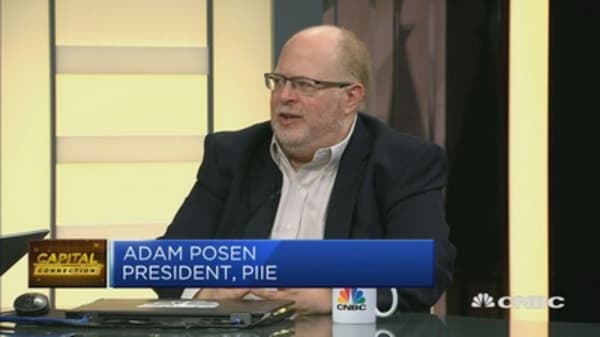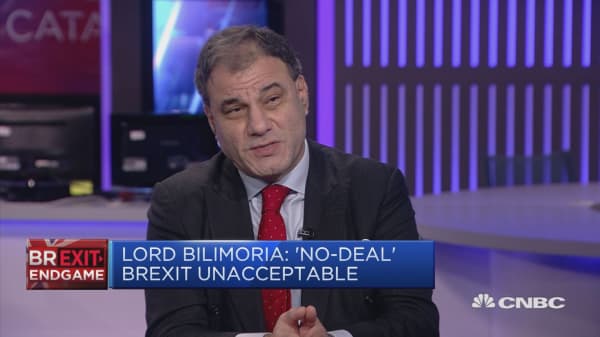There is a black box at the heart of Brexit.
The British government of Theresa May has publicly and repeatedly refused to say what course of action it will pursue if the lower chamber in the U.K.'s Parliament, the House of Commons, votes against May's plan for Brexit on December 11.
The premier's proposal is essentially formed of two parts, a withdrawal agreement that governs the terms of the U.K.'s departure from the European Union, and a political declaration that — as far as is possible — specifies the type of relationship that the two parties would like to have once that separation has occurred. These two separate elements have been negotiated between the U.K. and the European Commission over the past year and a half, and last weekend they were then ratified by 27 European heads of state, with little hesitation.
But by the time the hundreds of pages of details became public in the U.K., and in some cases even before then, British politicians of all stripes had come out to condemn the deal that May had made with her European counterparts.




